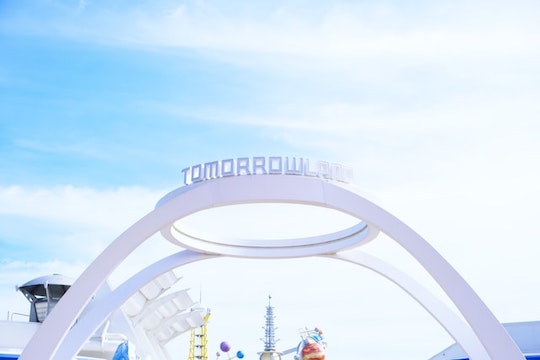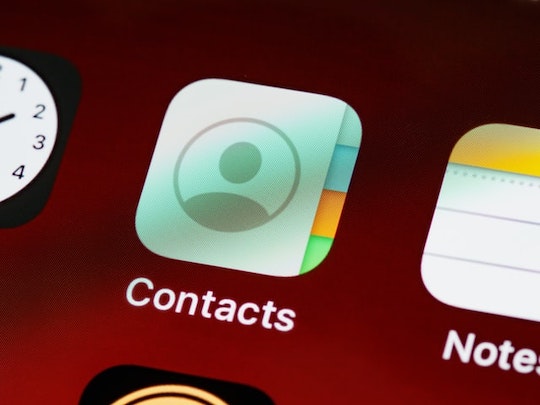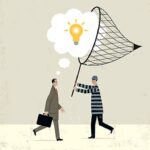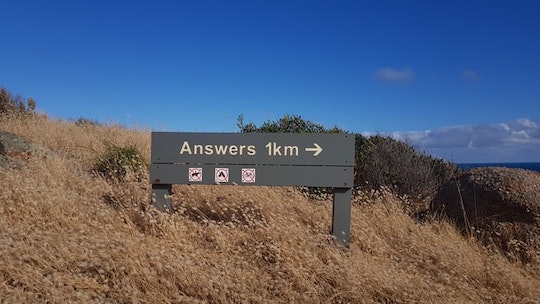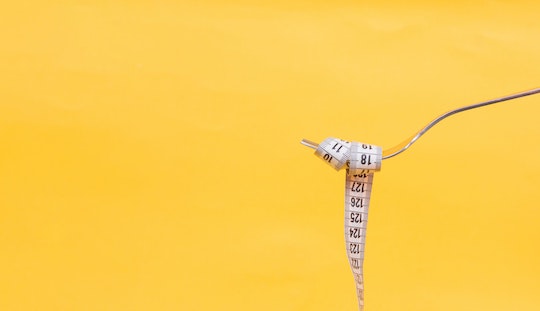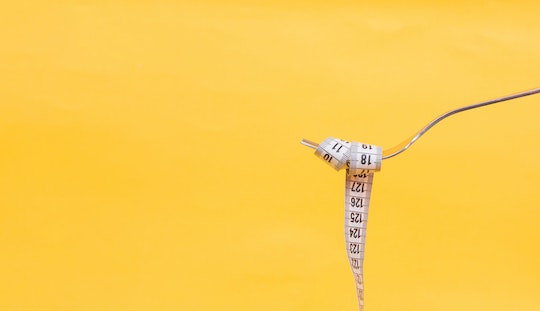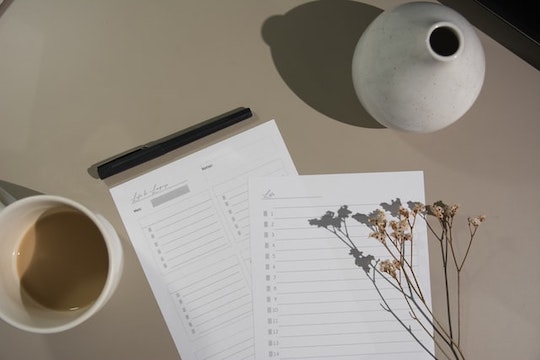“You never conquer a mountain. You stand on the summit a few moments. Then the wind blows your footprints away.”
—Arlene Blum, American mountaineer, writer, and environmental health scientist
What personal and professional mountains have you climbed? How did you feel standing on their summits? How long did you remain at the top before returning to base camp? How long did you retain the sense of accomplishment before the inevitable let down from these peak experiences?
Over the past two years, I’ve noticed many people — including myself — experiencing a loss of excitement and vitality in their days. We seem to be climbing fewer mountains and many are seeing their paths blocked by various obstacles. The winds of change can often be in our faces and have blown many of our former footprints away.
EXERCISE:
Where is it time to strap on your boots to make some new footprints on the future mountains you seek to climb?
How will you fully embrace the journey and standing on the summit as you set forth on your next expedition?


